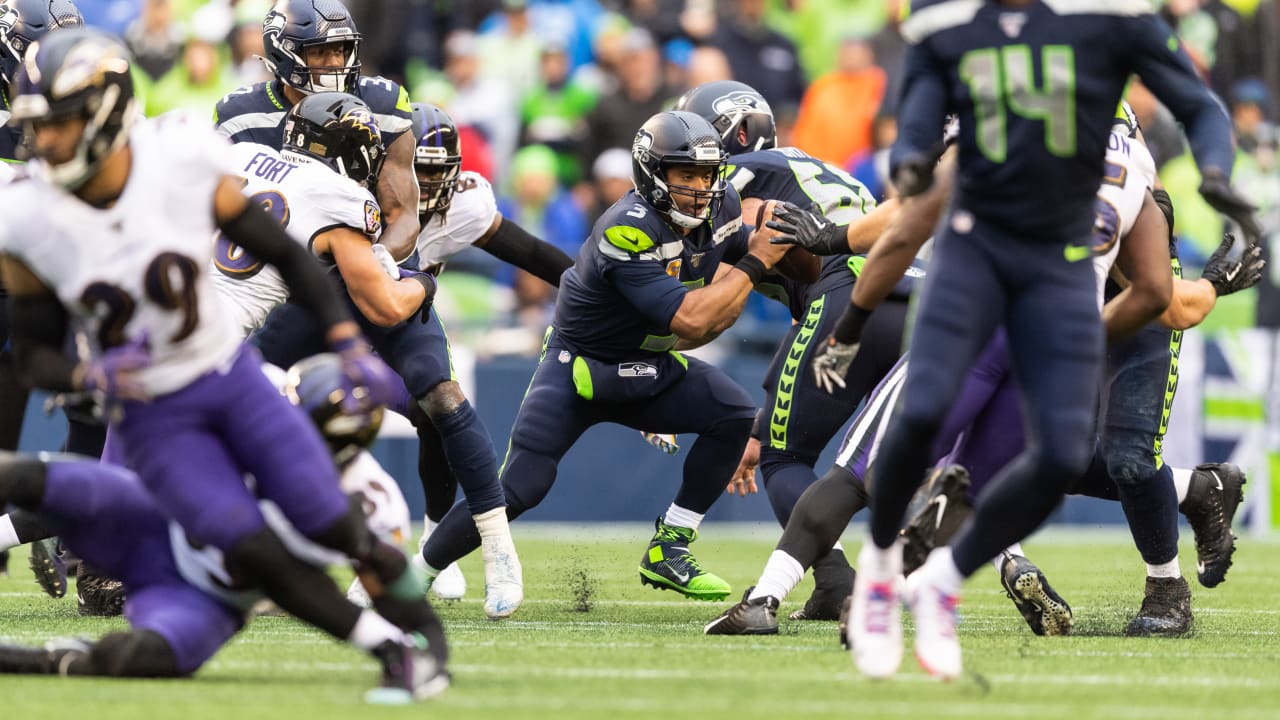
30 Turnovers Lead to Iowa’s First Loss: Breaking Down the Costly Upset
The Game’s Defining Turnovers
On February 11, 2023, the previously undefeated Iowa Hawkeyes suffered their first loss of the season in a stunning 78-68 defeat to the unranked Northwestern Wildcats. A key factor in Iowa’s downfall was their uncharacteristically high turnover rate, with the Hawkeyes committing a season-high 30 turnovers.
The turnovers came in a variety of forms: bad passes, careless ball handling, and poor shot selection. Some were forced by Northwestern’s aggressive defense, while others were self-inflicted errors. Regardless of the cause, the turnovers proved costly, leading to 23 points off turnovers for the Wildcats.
For a team that entered the game averaging just 12.2 turnovers per game, the 30 turnovers represented a significant departure from their typical play. The Hawkeyes’ inability to protect the ball allowed Northwestern to stay in the game and ultimately secure the upset victory.
Key Statistics and Analysis
The following statistics highlight the impact of turnovers on Iowa’s loss:
| Statistic | Iowa | Northwestern |
|---|---|---|
| Turnovers | 30 | 12 |
| Points Off Turnovers | 23 | 10 |
| Field Goal Percentage | 41.3% | 49.1% |
| Free Throw Percentage | 61.1% | 70.4% |
As the table shows, Iowa’s high turnover rate not only led to points for Northwestern but also affected their overall shooting efficiency. When teams turn the ball over frequently, they have fewer opportunities to take high-percentage shots and make baskets.
Furthermore, the turnovers led to a lack of rhythm and confidence for Iowa. The Hawkeyes struggled to establish any consistent flow on offense, while Northwestern was able to capitalize on the turnovers by getting out in transition and creating easy scoring chances.
Perspectives and Reactions
The Iowa loss sparked a range of reactions from fans, analysts, and the team itself. Some fans expressed frustration and disappointment, while others remained optimistic, seeing the loss as an opportunity for growth and improvement.
Head coach Fran McCaffery was critical of his team’s performance, saying, “We’re not going to win many games turning the ball over like that.” He emphasized the need to improve ball security and make better decisions.
Players also voiced their frustration, with senior forward Kris Murray saying, “Turnovers killed us. We’ve got to be better at taking care of the ball.”
However, despite the loss, some analysts noted that Iowa’s impressive ball control throughout the season had been a key factor in their success. They suggested that the high turnover rate in the Northwestern game was an anomaly and not a sign of a systemic problem.
Lessons Learned and Moving Forward
The Iowa Hawkeyes have a long history of success under coach McCaffery, and they are unlikely to let one loss derail their season. The team has already identified the turnovers as a major issue and has begun working to address it.
By focusing on improving ball security, shot selection, and decision-making, the Hawkeyes can bounce back from this setback and continue their march towards the NCAA Tournament. The loss to Northwestern serves as a valuable lesson that even the best teams can be vulnerable when they fail to take care of the ball.
Conclusion
The Iowa Hawkeyes’ first loss of the season is a reminder of the importance of ball control and decision-making in basketball. While the 30 turnovers against Northwestern were uncharacteristic of this team, they proved costly and led directly to the defeat.
As the Hawkeyes move forward, they must learn from their mistakes and make a concerted effort to improve their ball security. If they can do so, they have the talent and experience to achieve their goals for the season. However, if they continue to turn the ball over at a high rate, they will face an uphill battle in the competitive Big Ten Conference and beyond.
